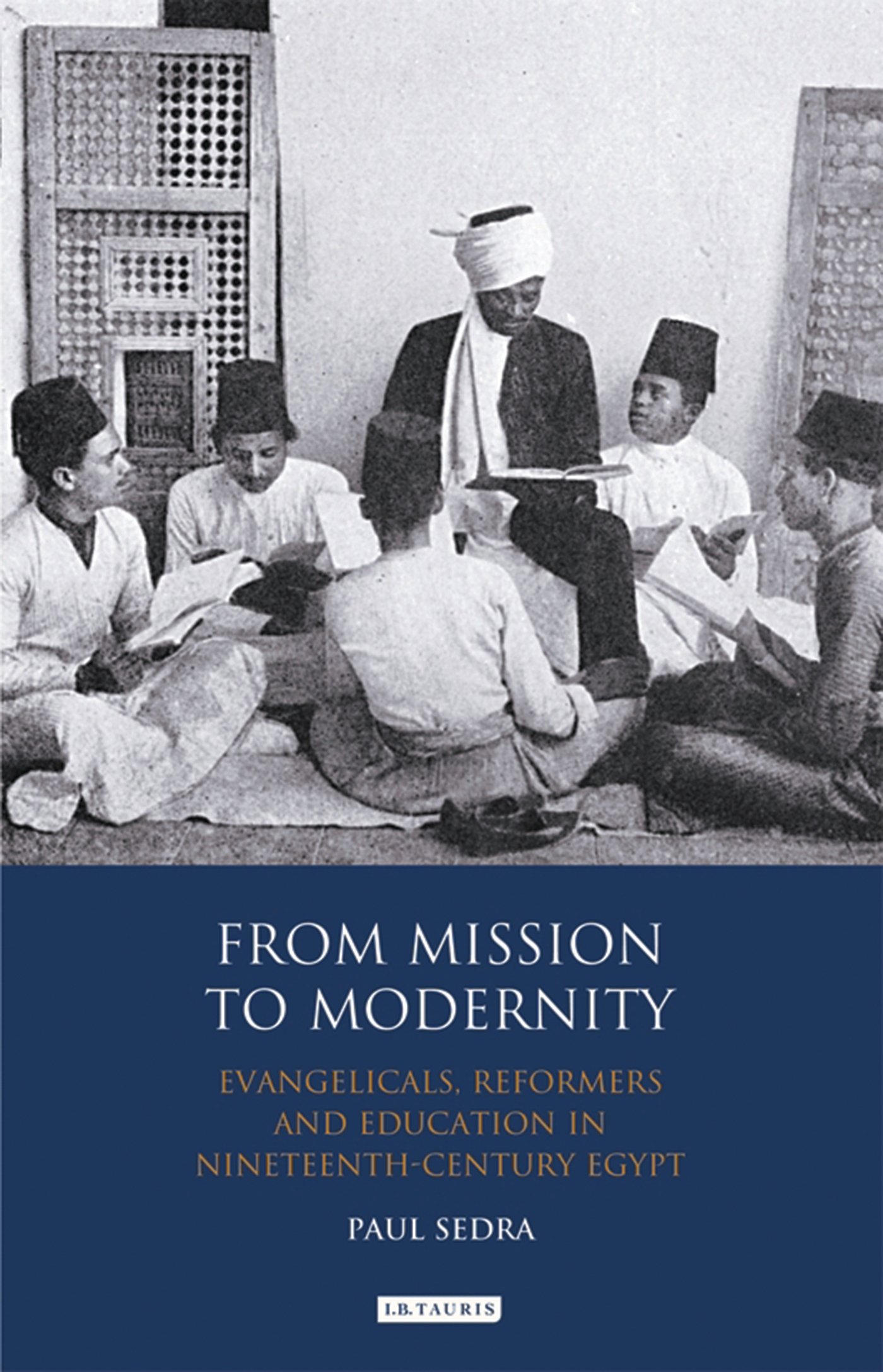From Mission to Modernity
From Mission to Modernity
In this pioneering account of Egyptian educational history, Paul Sedra describes how Egypt, under Muhammad Ali Pasha, sought to forge a new relationship between the state and its children during the nineteenth century. Through the introduction of mod...
Read more
In this pioneering account of Egyptian educational history, Paul Sedra describes how Egypt, under Muhammad Ali Pasha, sought to forge a new relationship between the state and its children during the nineteenth century. Through the introduction of modern forms of education, brought to Egypt by evangelical missions, the state aimed to ensure children's loyal service to the state. However, these schemes of educational reform led to unforeseen consequences. Paul Sedra follows the path of one particular educational method, Joseph Lancaster's monitorial system, from its origins in Madras and south London, through its adoption by Christian missionaries as a favoured technique, to its arrival in Egypt as part of the Church Missionary Society's effort to convert Coptic Christians to an evangelical Christianity. Sedra then steps beyond the blueprints of the monitorial school to examine how modern educational techniques were adapted to an Egyptian context. There were moments of contestation as to both the methods and the purposes of education - contestation between Anglican and Presbyterian missionaries, Ottoman and Egyptian officials, Coptic priests and Muslim reformers, and landowners of both faiths on the one hand, and the subaltern inhabitants of the Nile Valley on the other. Despite the missionary origins of monitorial schools in Egypt, the Egyptian state seized upon their techniques in order to establish a new type of relationship between thestate and children - one that would ensure children's loyal service to the state, whether through conscription or forced labour. State educationalists introduced monitorial methods into state schools as a means of ensuring discipline both within and beyond the classroom. Ultimately, modern Egyptian schools emerged from this process of adaptation as a venue for the inculcation of particular values, and sacred texts - whether the Qur'an or the Bible - were cast as codes of morality available for interpretation not only to accredited scholars of Islam and Christianity, but further, to state functionaries. Sedra also explores how students resisted efforts to control their behaviour in creative and complex ways, and how their acts of resistance themselves led to new forms of political identity. In opposing the state's efforts at social control, for instance, students turned to a new cadre of religious leaders, both Christian and Muslim, who suggested that reformation of the faith would reinvigorate Egyptian society, and ultimately enable them to overturn imperialism, whether of the Ottoman or the British variety. Tracing the development of a distinctly Egyptian 'modernity', 'From Mission to Modernity' is indispensable for all those interested in Egyptian history and the history of modern education and reform.
Less
